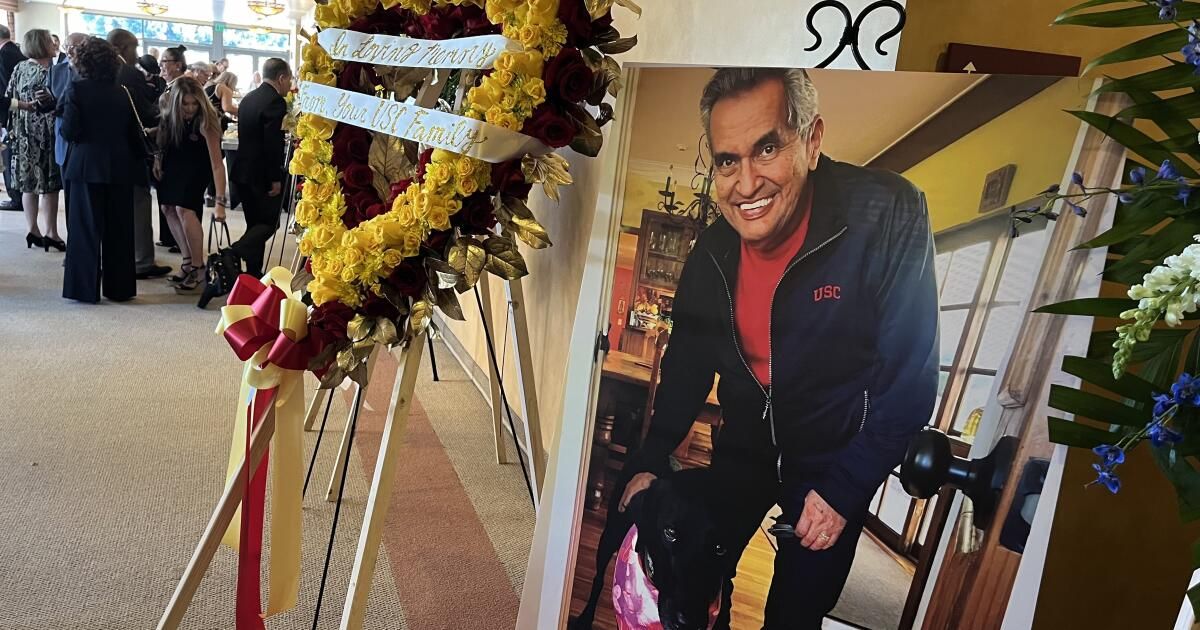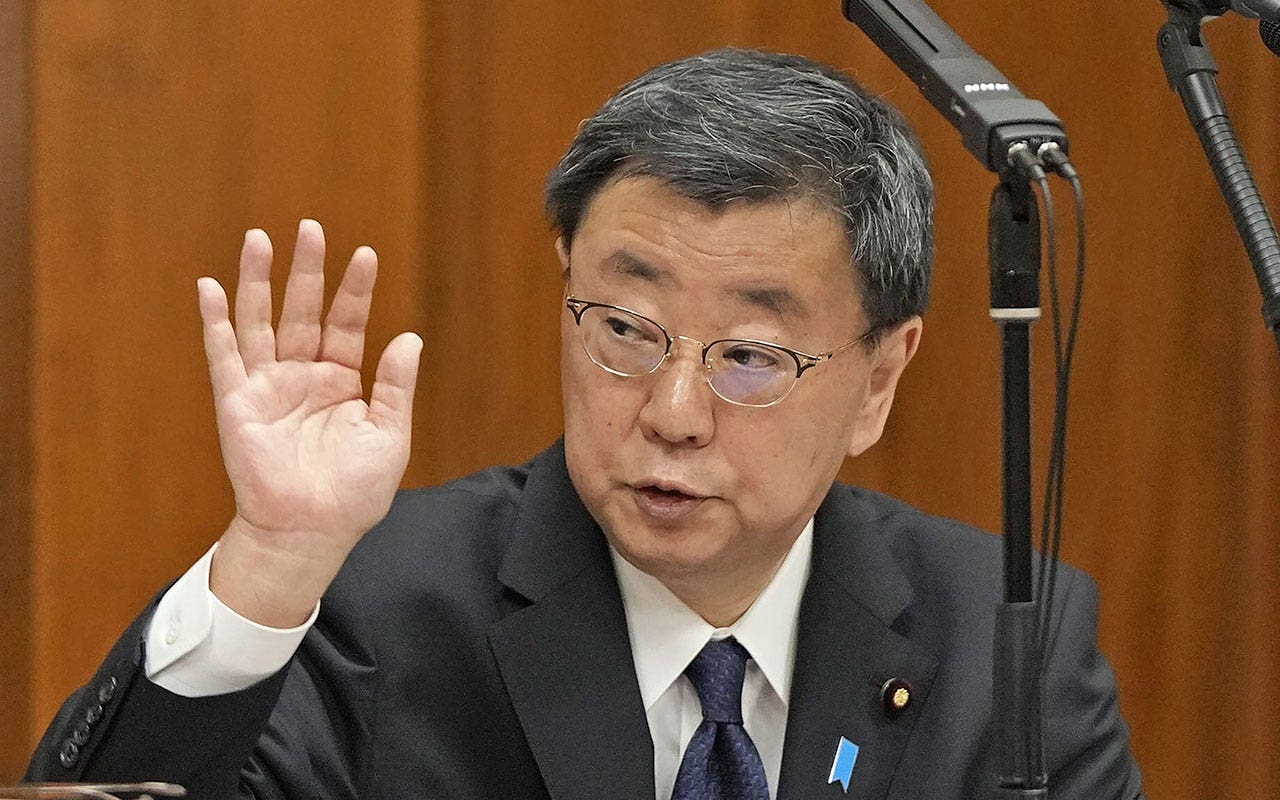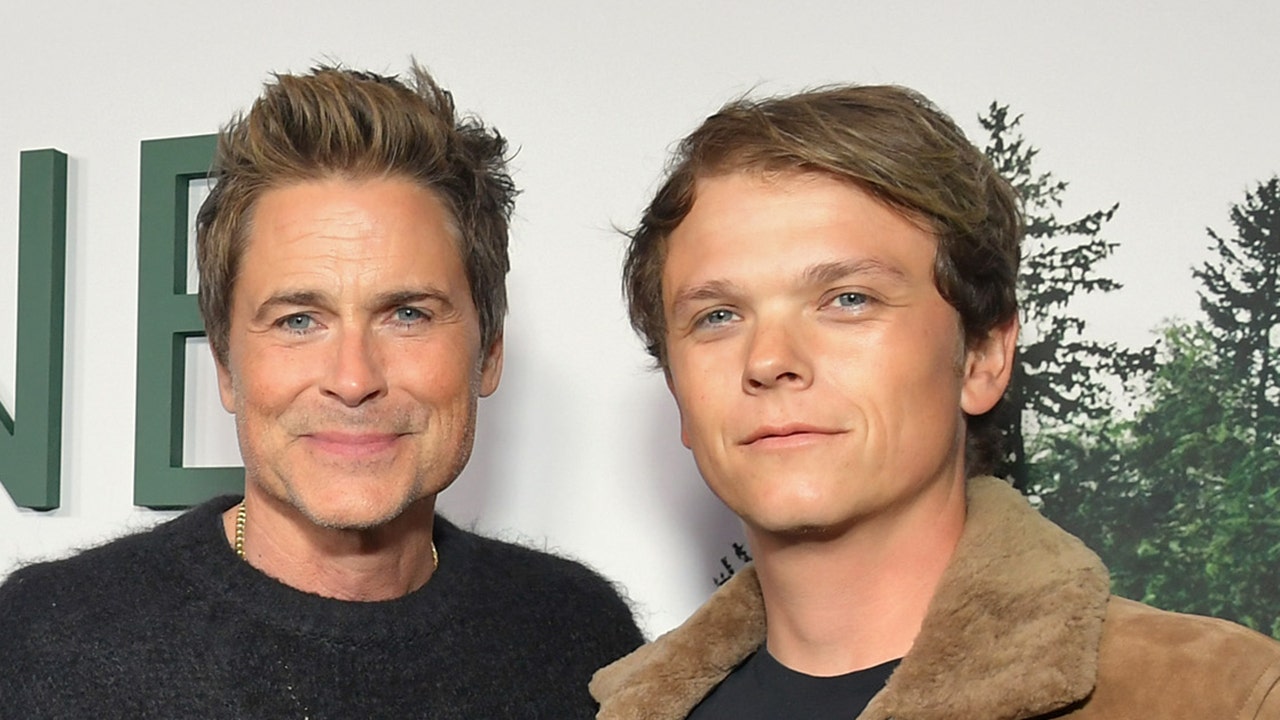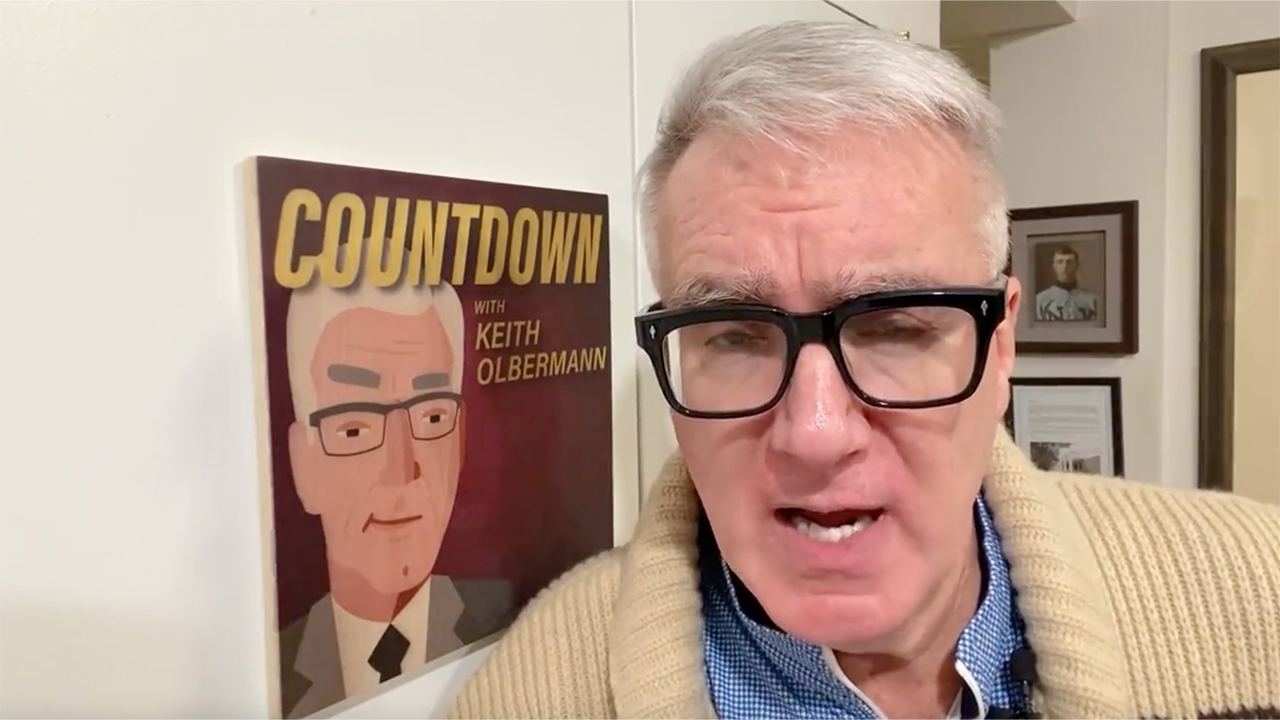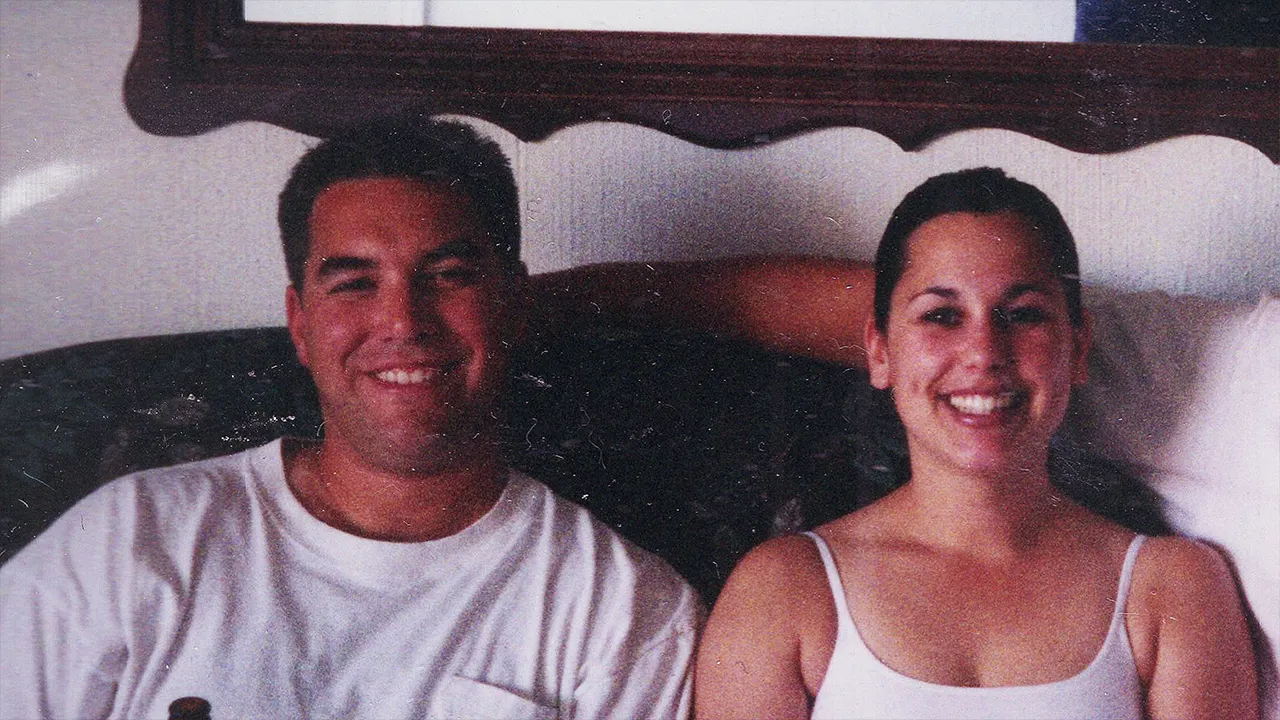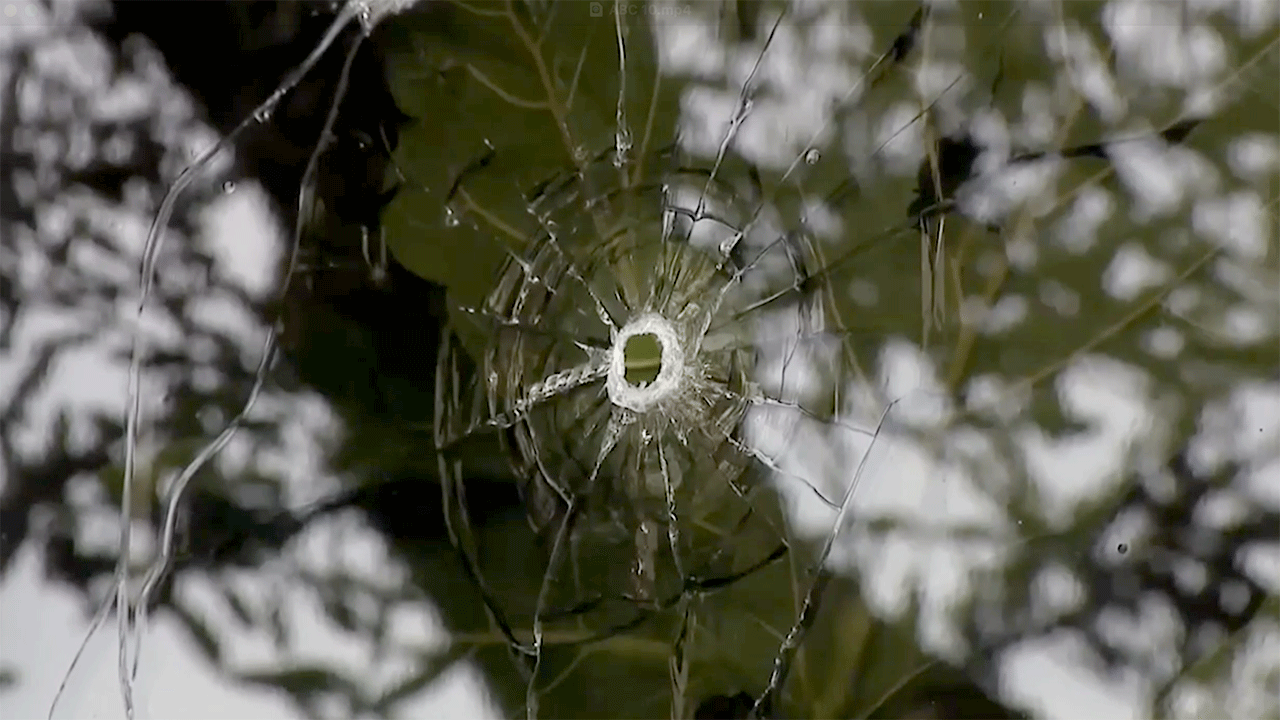Even in death, Richard Alatorre remains a huge presence in Los Angeles, as I discovered this morning on my way to his funeral.
I exited the 101 Freeway at First Street in Boyle Heights, the birthplace of Alatorre, where he built a political machine in the East that forever changed city and state politics.
Parallel to my path as I headed west toward downtown were the tracks of the Gold Line, part of an eastward expansion of light rail that Alatorre championed as MTA chairman.
Crossing the First Street Bridge, I had a view of City Hall, where Alatorre made history in 1985 as the first Latino councilman in nearly a quarter-century.
Downtown, I could see the Los Angeles Police Department, where Alatorre helped diversify its top ranks through an unlikely alliance with former Chief Daryl Gates. Nearby was the former headquarters of this newspaper, which spent years covering allegations of favoritism and backroom deals against Alatorre.
Driving down Temple Street, I passed the old federal courthouse, where prosecutors hounded Alatorre late in his political career over corruption allegations, holding him up as a cautionary tale of a politician run amok. In 2001, Alatorre pleaded guilty to failing to pay taxes on what prosecutors described as bribes.
Google Maps soon beeped to let me know I was near my destination: the Cathedral of Our Lady of the Angels, where Richard and his wife, Angie, attended weekly Mass for years, and where his final services would be held after he died of cancer last month at age 81.
The cavernous hallowed space was soon filled with people from all eras of Alatorre’s career. The former employees performed one last task for their former boss: ushering people to their seats.
Titans of black political power in Los Angeles were there, including Rep. Maxine Waters and former Los Angeles Councilman Nate Holden, who witnessed how Alatorre engineered the rise of Latino political power without harming Los Angeles's black population.
Cultural leaders included Culture Clash member Richard Montoya, actor Edward James Olmos, former La Opinión editor Monica Lozano, Mexican Consul General Carlos Gonzalez Gutierrez, and John Echeveste, former director of LA Plaza de Cultura y Artes.
Funeral services for Richard Alatorre were held on Monday at the Cathedral of Our Lady of the Angels.
(Marc Grossman)
“This is becoming too common, isn’t it?” Echeveste said as he walked through the cathedral’s massive doors. “It’s like that whole generation is abandoning us.”
So many mourners showed up that ushers ran out of funeral programs. Instead, people took holy cards with Alatorre's picture on one side and his favorite saint, St. Jude Thaddeus, the patron saint of lost causes, on the other.
The line stretched nearly to the door as people signed the guest book. Los Angeles Councilwoman Heather Hutt stood in front of me. Alatorre’s protégé Richard Polanco, who replaced him in the state Assembly, stood behind her.
Politicians from D.C. to Sacramento, the Inland Empire to the Bay Area and all over Los Angeles filled 11 benches. Santa Ana Mayor Miguel Pulido recalled advice Alatorre once gave him: “‘You can win, you can lose. But you have to fight hard to make a name for yourself.’ And that’s what I did.”
And then there were people like Marc Grossman, who took a civil rights class with Alatorre at the University of California at Irvine in the late 1960s. That inspired him to eventually work for Alatorre in Sacramento and as a speechwriter and longtime assistant to Cesar Chavez.
“Richard and Cesar were very similar in one important way,” said Grossman, who helped Alatorre write his 2016 autobiography. “They spotted talent and were able to convince people they could do more than they thought. What was important to them was others and what they could do, not what they could get from them.”
Alatorre was a lifelong Los Angeles Rams fan, and the team’s official mariachi opened the service with a rousing rendition of the ranchera classic “La Feria de las Flores,” one of his favorites. His opening lines perfectly summed up his pride and lack of apologies:
I like to sing to the wind
Because my songs fly
And I say what I feel
Everywhere
I like to sing to the wind, because my lyrics fly. And I say what I feel, anywhere and everywhere.
The Mass was presided over by retired Cardinal Roger Mahony, making a rare public appearance. The two met in the 1970s, when Mahony was bishop in Fresno and Alatorre was beginning his political career.
Alatorre’s drive to bring power to his constituents came from a “deep communion with Jesus,” Mahony emphasized in his sermon, noting that the lawmaker followed Christ’s example of siding with people on the “peripheries” of society.
On one side of Alatorre’s casket were the flags of the United States, Mexico, the city of Los Angeles and the United Farm Workers Union. On the other side were wreaths in cardinal and gold, honoring his beloved alma mater, USC, and a large photo of Alatorre with his arms crossed and a slight, confident smile on his face.
“Richard understood,” the cardinal continued, “that change came about with people who had the will and the willingness to follow that path.”
George Pla, chairman of the Coliseum Commission and part of a group that regularly had breakfast with Alatorre at La Carreta in East Los Angeles, said in a brief eulogy, only half joking: “There are Brats [snot-nosed brats] in the State that they do not even know how they were elected”, when Alatorre had paved the way for them.
Alatorre's daughter, Melinda, praised him as a “great-grandfather and dog father.” His son Darrell boasted that his father was “a Mexican.”canis not mexicannot being able toMany Latino politicians should take note.”
Luisa Acosta, chief of staff of the Alatorre City Council, once told her boss that she was going to accept a job as a television news presenter.
“He said, ‘Why do you want to be in front of the camera reading the news when you could be helping shape our community?’” Acosta recalled. “Richard didn’t just see our potential. He nurtured it. Rest in peace, boss.”
The eulogy was concluded by Willie Brown, a former mayor of San Francisco and longtime speaker of the California Assembly, who came of political age with Alatorre in Sacramento during the 1970s. Brown chose his friend to lead the 1981 redistricting that forever changed the face of the state Legislature.
“It all started with Richard Alatorre and no one else,” Brown said to loud applause. He praised Alatorre for his vision in drawing boundaries, anticipating that the demographics of Californians would change dramatically in the coming decades “when none of us would be here.”
“When you pray today,” Brown joked, “you better ask Richard if there’s a place where he is. Otherwise, you won’t get into heaven.”
Alatorre’s honorary pallbearers placed a United Farm Workers flag over his casket, and Mariachi Los Rams led the procession out of the cathedral, singing “De Colores.” Mourners walked through the cathedral plaza and were greeted by the USC Trojan Marching Band before heading to a large reception hall on the second floor.
Alongside a letter of condolence from Vice President Kamala Harris, postcards were stacked for attendees to fill out with their favorite memory of Alatorre. People snacked on chips and sweet bread and admired collages of photos from Alatorre’s life and career pasted on signs that also included his favorite sayings: “Let me begin by beginning…”Oh, hello!.” “Chula.”
Maria D. Acosta and Cynthia Amador Diaz wore pins that read “Long Live Alatorre!” Acosta, a former district director for the U.S. Department of Commerce in Los Angeles, said Alatorre helped her get into Catholic University in the late 1960s and then get a job after college.
“We knew him in the [Eastside] “As someone who was always trying to help,” said Acosta, who lives in Pasadena. Diaz agreed, recalling how when she was on the City Council, she helped a nonprofit she worked for.
“He would pick up the phone and call someone in the city and say, ‘Hey, these people need help,’ and things would get done,” the Monrovia resident said.
“He was a mentor to everyone,” Acosta added.
Nearby, Andrés Chávez, Cesar Chávez's grandson and executive director of the National Chávez Center, greeted attendees and mentioned his grandfather's famous speech in which he predicted that Latinos would one day be a political and economic power in California.
“My aunt “We talked about it, but Richard made it happen,” Chavez said. He then shared with me a voice message from Alatorre, expressing pride in Chavez and his career. The call ended with Alatorre saying, “I love you, bro.”
“They saw all the people inside the cathedral that he led. And now I am the next generation,” Chavez said. “We have an obligation to help Richard, just as he did.”

